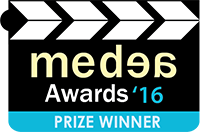
Magna Carta is called the most important document in history. So important that people still call upon it 800 years later. But where did it come from and why did people die for it? Jump into the 13th century and decide for yourself why Magna Carta keeps coming back…
The National Archives produced this award-winning resource together with Parliament.
Magna Carta
